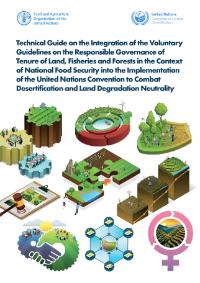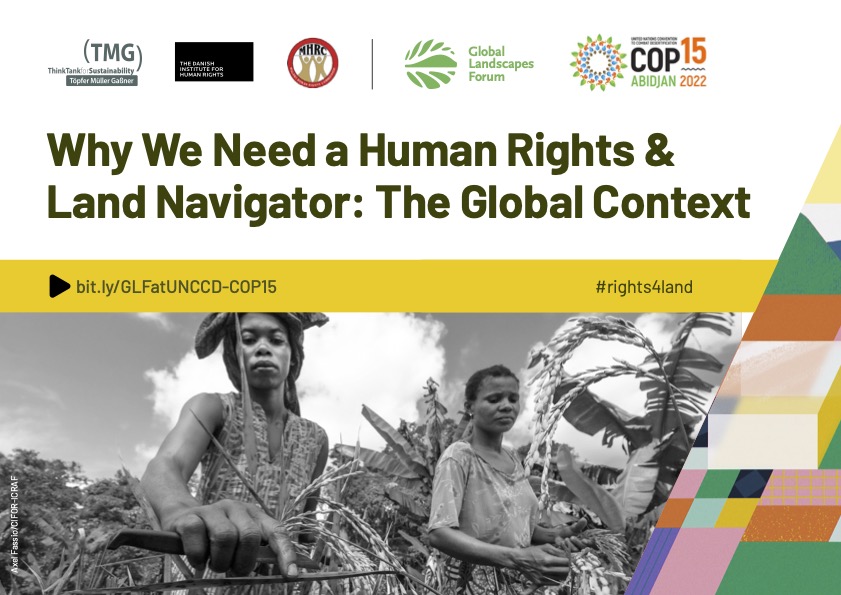Successful landscape restoration in Abreha We Atsbeha watershed, Tigray, Ethiopia. Included in Restoring African Drylands
Key success factors
There were several reasons for the success of the restoration initiative.
• Implementation had the active participation of the local community; i.e., it was community- led restoration.
• Restoration produced short- and long-term economic and environmental benefits.
• It systematically included women, girls and youth in restoration activities.
• The former village leader had the leadership capacity to mobilize the local community.



